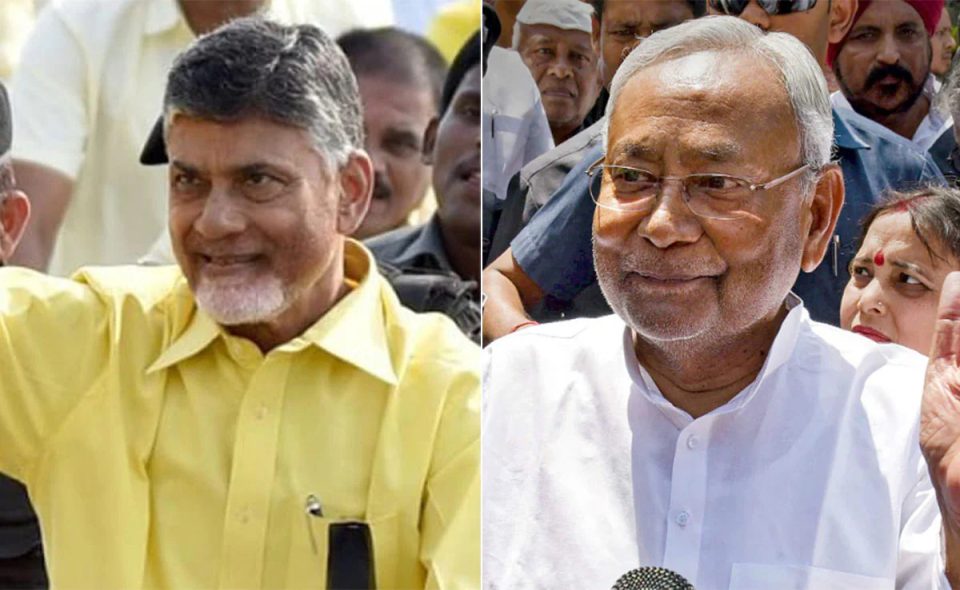In a recent development within the National Democratic Alliance (NDA), the allocation of the Lok Sabha Speaker’s post has stirred differing opinions among key allies, Janata Dal (United) (JDU) and Telugu Desam Party (TDP). The issue surfaced after the Opposition’s INDIA bloc insisted that the position be assigned to an NDA partner rather than the Bharatiya Janata Party (BJP) itself.
Janata Dal (United), led by Nitish Kumar, has announced its support for the BJP’s decision regarding the Speaker’s nomination. KC Tyagi, a prominent leader from JDU, affirmed their stance, stating, “JDU and TDP are strong allies within the NDA, and we will support the candidate nominated by the BJP.”
However, contrasting this stance, TDP’s national spokesperson, Pattabhi Ram Kommareddy, emphasized the necessity for consensus among NDA partners in selecting the Speaker candidate. Kommareddy explained, “The NDA partners will convene to mutually decide on our Speaker candidate. Once a consensus is achieved, we will put forth that candidate, and all allies, including TDP, will extend their support.”
The divergence in viewpoints between JDU and TDP comes amidst broader discussions within the NDA coalition, where the allocation of significant roles, including Cabinet positions, has been predominantly retained by the BJP, the largest constituent of the alliance.
The debate over the Speaker’s post has also resonated beyond political circles. Senior Congress leader Ashok Gehlot expressed concerns over potential consequences if BJP retains the position, warning of alleged horse-trading of MPs from JDU and TDP. Gehlot stressed, “It is crucial for BJP to demonstrate democratic intent by allotting the Speaker’s post to one of its NDA allies.”
The ongoing deliberations within the NDA underscore the complexities of coalition politics as parties negotiate roles and responsibilities within the government framework. The final decision on the Speaker’s appointment is anticipated to be reached through collaborative efforts among NDA partners, reflecting the alliance’s commitment to consensus-driven decision-making.
As discussions continue, all eyes remain on the unfolding dynamics within the NDA, particularly regarding the resolution of this key issue ahead of the upcoming parliamentary sessions.

